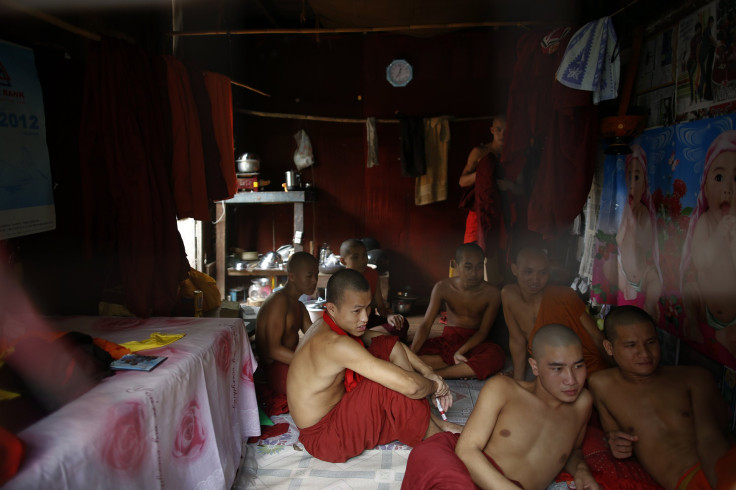Myanmar Cinema, Once Called 'Asian Hollywood,' Is Slowly Recovering Under Political Reforms

The once flourishing film industry of Myanmar is hoping to make a comeback following six decades of stagnation under the former military regime’s censorship. With the 2011 installment of a democratic government, the country has reopened itself to global cultural trends, and Myanmar’s creative minds are hoping to welcome a cultural renaissance. However, the nation's filmmakers are now struggling against the cultural inhibitions of the general population.
Myanmar’s first film dates back to the 1910s and thrived in the half-century that followed, until the military took over in the 1962 coup. Since then, cinemas were nationalized and censorship, global isolation and a poverty-stricken population brought the industry down from its former glory.
The country once boasted of 244 grand cinemas; that number is now down to 71, according to the Los Angeles Times. Burmese filmmakers have been limited to low-budget comedies and shameless copying of Western films after the 1960s.
"No one even had books to read for 40 years. How could they make good films?" asked Tin May Thein, a consultant helping foreign companies enter the Myanmar market.
Since the rise of democracy the legal controls over film content have eased slowly. Filmmakers are pushing the boundaries slowly, by tackling the more sensitive subjects in the country.
A few years ago, before Myanmar’s political reforms, Thiha Tin Than, a 45-year-old filmmaker educated in Singapore, wanted to make a film about a prostitute. He was told to change the movie theme, because there were no sex workers in Myanmar, the Hollywood Reporter said. He was banned from producing films for six months.
This year, his film, "Scheme," was able to screen in the country, despite having a bedroom scene, which was tame by Western standards. Despite passing the censors, however, Than’s film caused an uproar among audiences. As a result, the film had to be pulled and sent back to the censorship board for further review.
The scene features a couple kissing, remaining fully clothed, then, with a soundtrack of dramatic music, oral sex is suggested off-camera through shots of intertwined hands and clenched toes, but it was nonetheless too much for the audience in the traditional, majority-Buddhist country, according to the Hollywood Reporter.
In other words, having been freed, at least to some extent, from the shackles of military rule, filmmakers must now grapple with the shackles of their audience's traditional preferences and inhibitions.
“Everybody is testing like that, and we wish and pray to God that movies go through,” said Than. Although he has become braver, there are still off-limit subjects. For example, he would not dare to make a film about former political prisoners of the military regime.
After the controversy, Than’s film was re-rated, and the love scene was cut before it could be shown in Myanmar’s capital city of Yangon.
Other filmmakers are pushing the envelope in bolder ways. The top prize of the festival, hosted by democracy icon Aung San Suu Kyi, was awarded to amateur filmmaker Yee Nan Theik for his documentary "Survival in Prison," featuring a former political prisoner.
That a film about a political prisoner was shown publicly is no small achievement for Myanmar. But despite the success, Theik said he wouldn’t have dared to shoot openly in the city’s streets. In fact, the film was only able to sidestep censorship because it was shown for free, like all other films in the festival, as only films shown for commercial gain must apply for censorship approval.
“Directors are just waiting and watching [to tackle more sensitive subjects],” said Theik, according to the Hollywood Reporter. “The situation is changing, but not that much. That may just be our paranoia, but until 2015 [when the democratic elections will be held], we cannot say.”
The progress, in any case, is still encouraging for filmmakers like Theik.
“Overall, we couldn’t show these kind of films before,” Theik said. “It’s an improvement, and we can’t deny that.”
© Copyright IBTimes 2025. All rights reserved.





















